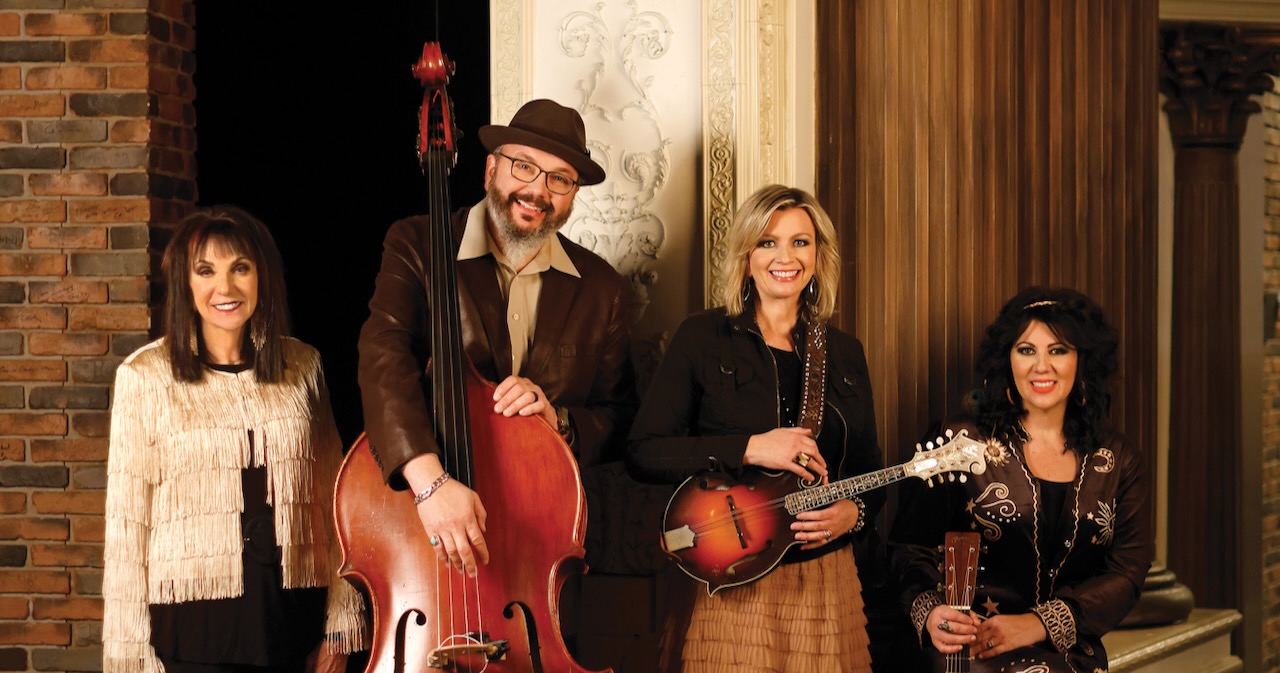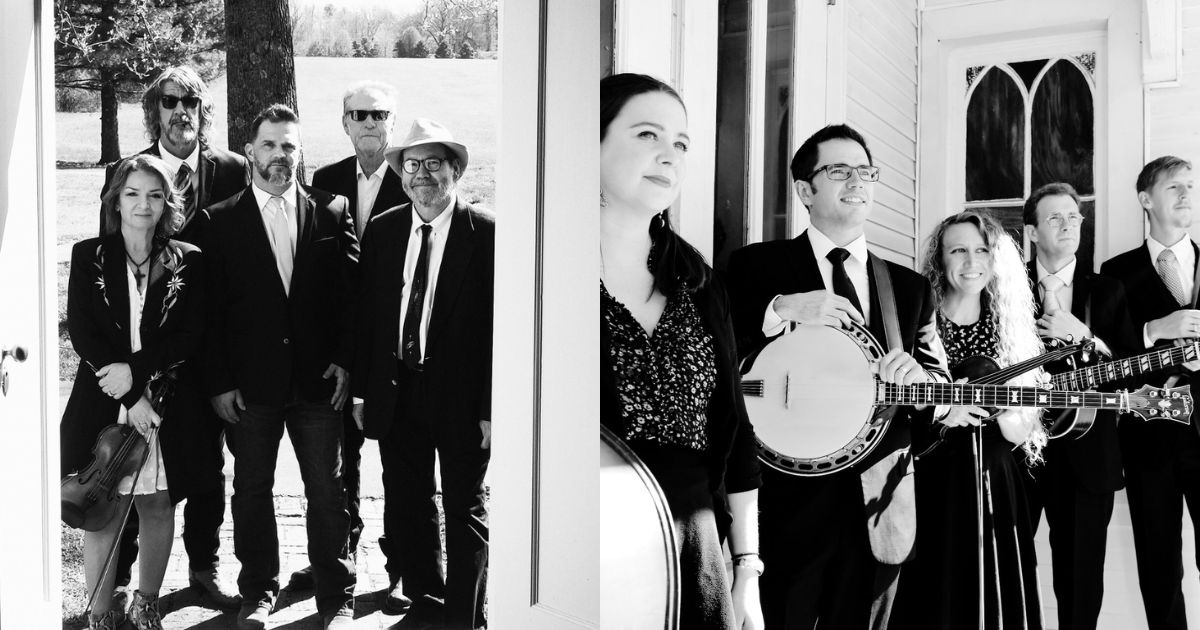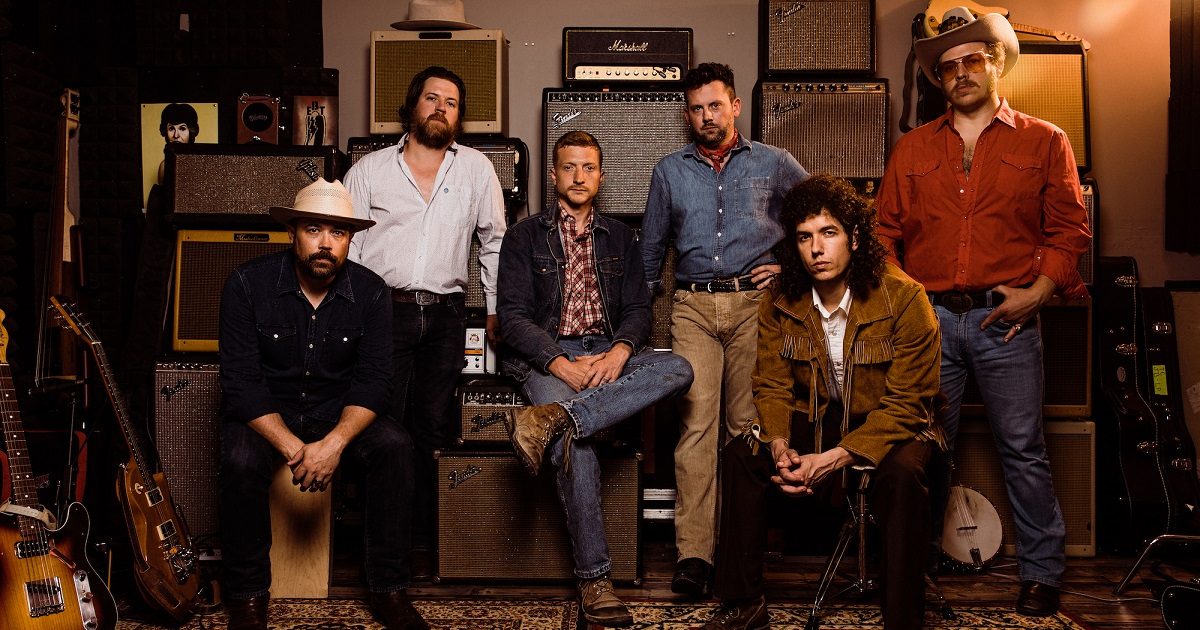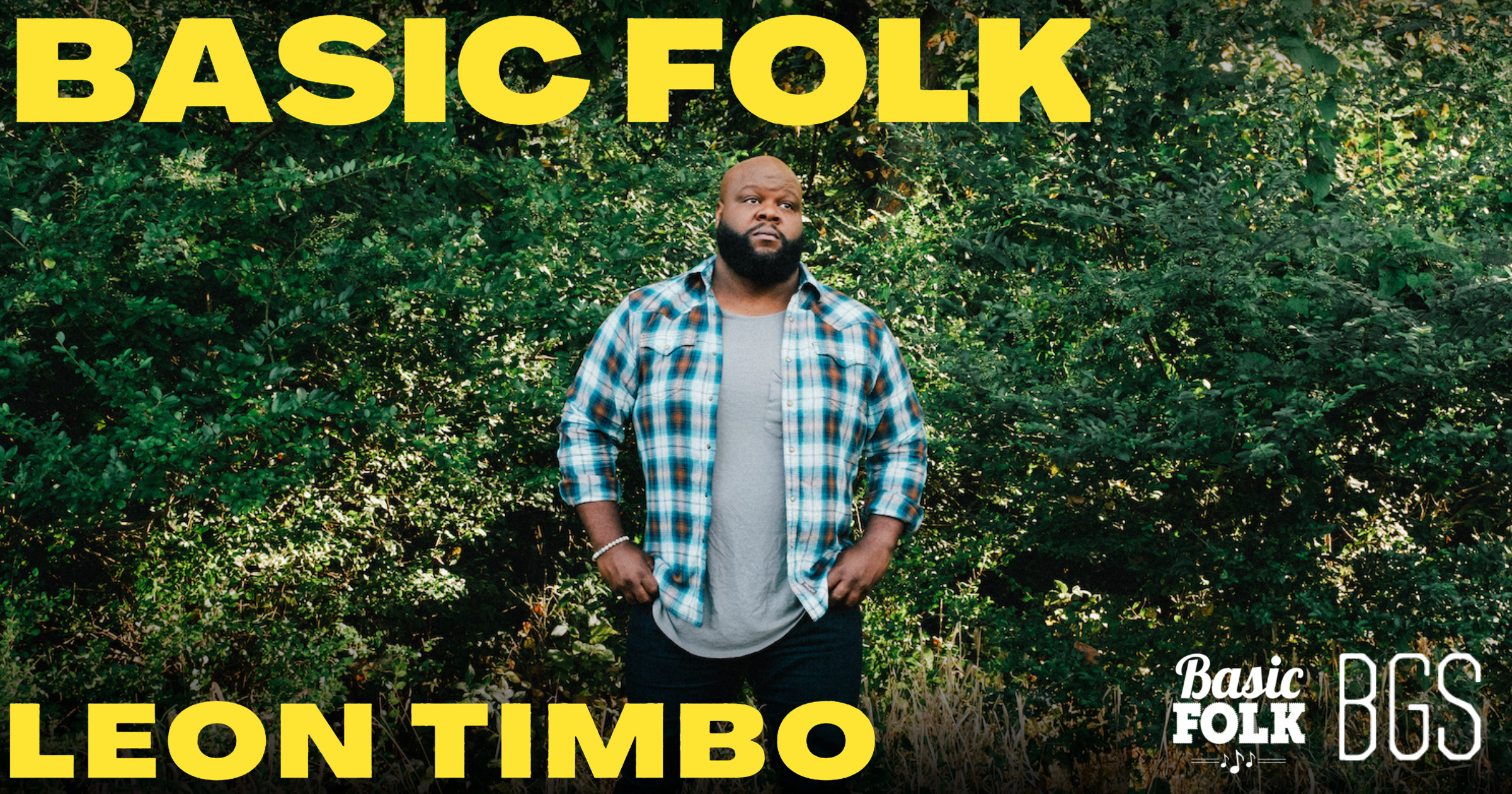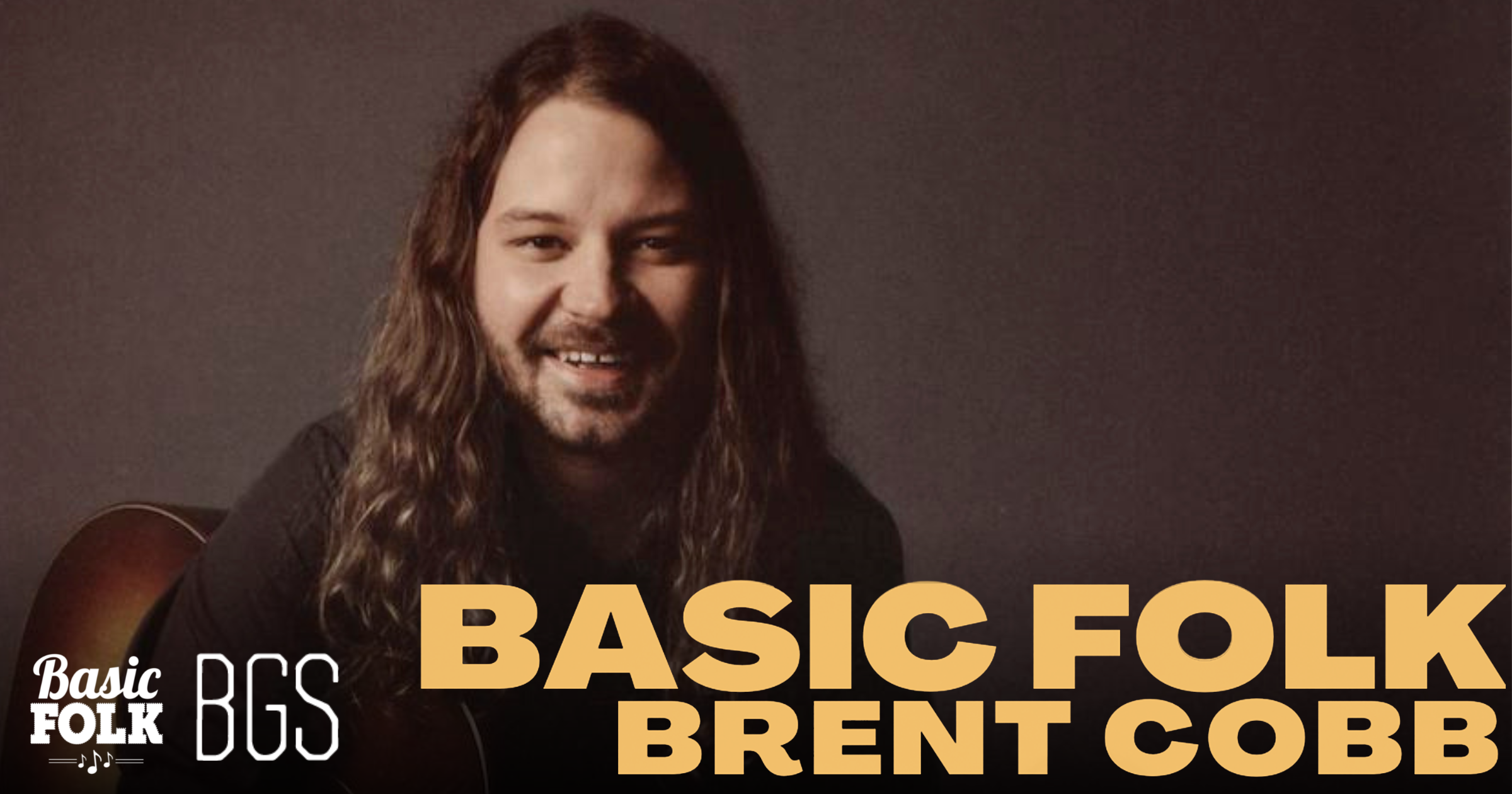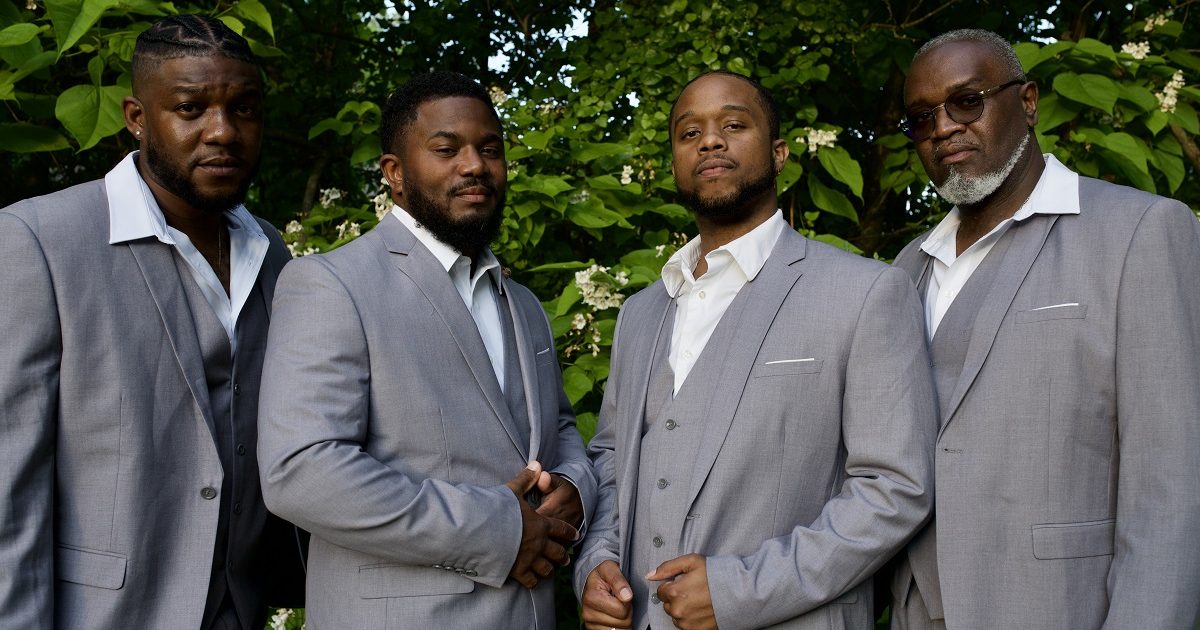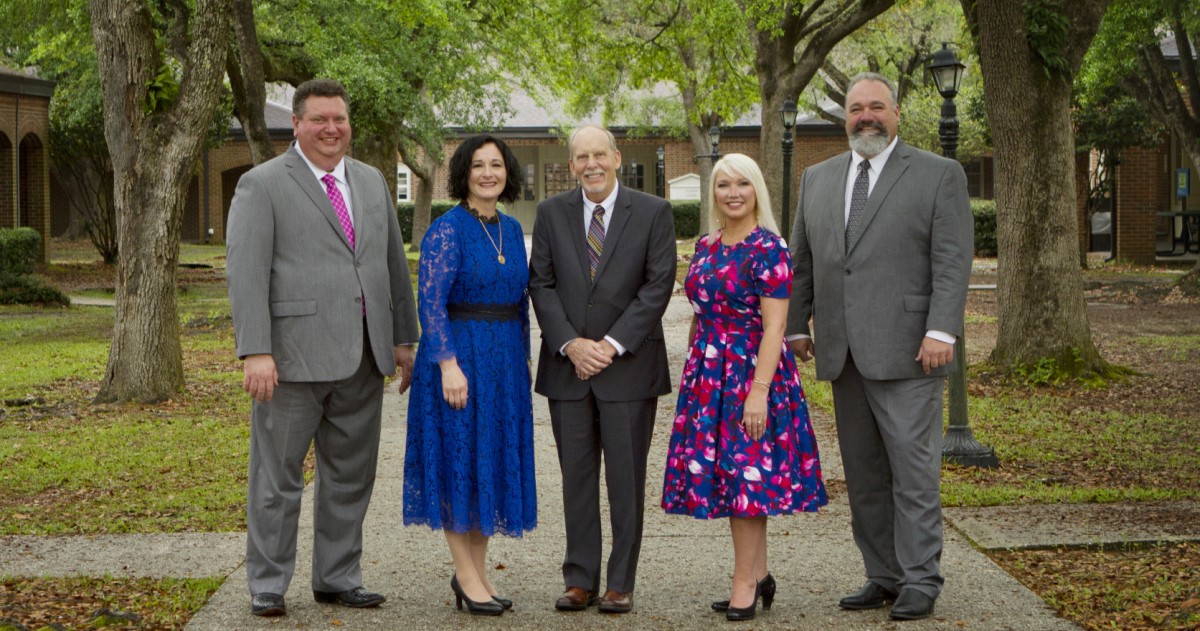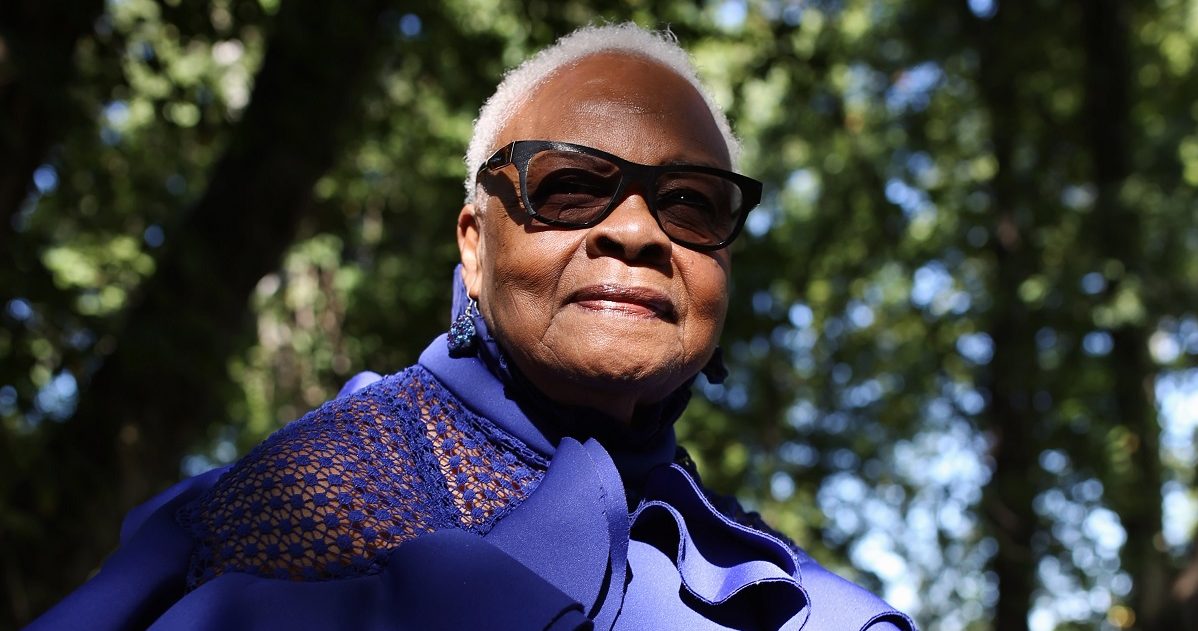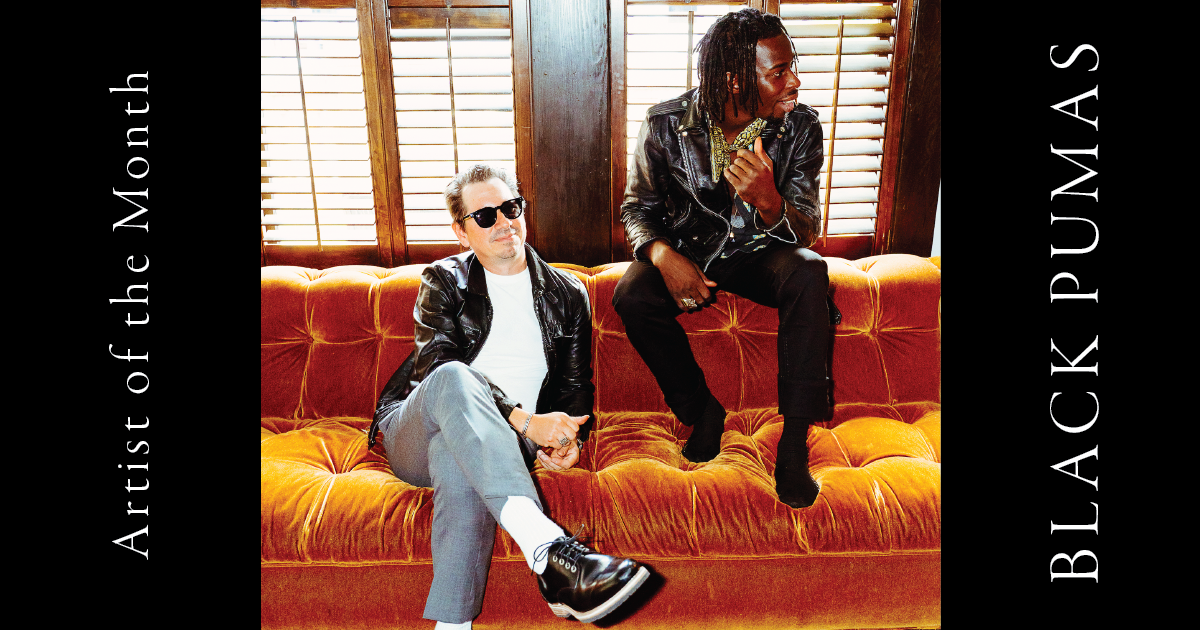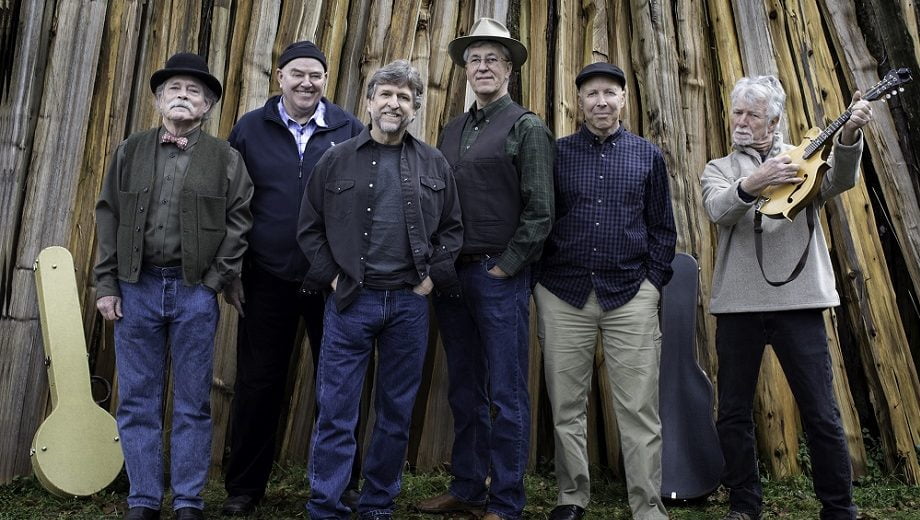The Isaacs need no introduction. In gospel, bluegrass, and country circles they are well known for their convicting, heartfelt songs in the sacred tradition, demonstrating ardent faith through familial harmonies and a stunning polished, tight-knit sound.
They’ve been performing and recording as a group for 50 years, with their first commercial albums released now more than 30 years ago. They are veterans of the Grand Ole Opry, churches and bluegrass festivals all across the country, Gaither Homecoming, RFD-TV, and so many more roots music and gospel institutions.
In October of last year, the family – whose band consists of Lily and her children Ben, Sonya, and Becky – released a brand new album, Praise & Worship: More Than A Hollow Hallelujah. And, whether heard by “secular” listeners or listeners of faith, the project is a pitch perfect continuation of the mission and message the Isaacs have brought with them across their entire 50 year career.
The collection, as always, is stirring, resonant, and warm. With crisp and clean stylings of modern worship music intermingled with country and string band touches. In an exclusive interview with BGS, we spoke to Sonya Isaacs via email about More Than A Hollow Hallelujah by comparing and contrasting their latest project with their first – A Labor Of Love, which was released in 1990 and Live in Atlanta, which arrived in 1992.
We spoke about the Isaacs’ longevity, their faith, what sacred music offers to all of us, and how it feels to look back on so many decades of making music together as a family and ministry. Gospel music and roots music have always gone hand-in-hand and the Isaacs demonstrate that connection, intuitively, in all that they do.
Your latest album, Praise & Worship: More Than A Hollow Hallelujah, begins with the track, “Gratitude,” which I feel is a perfect place to start. This project is more than 30 years – nearly 35! – since your first releases. Can you speak a little bit about your longevity and what it means to you, at this point, to look back at such a prolific and productive career? I imagine you must practice a lot of gratitude.
Sonya Isaacs: We have been so so blessed to be doing what we love to do for the majority of our lives now! We are incredibly grateful for the journey that has brought us where we are today. The highs were high and the lows were low, but God has been with us and allowed us to live our dreams. A lot has changed about our sound, style, and even personnel since those humble beginnings, but one thing has remained and that is Christ is the center of everything that we do!
Gospel music and sacred music go hand-in-hand with American roots musics of all types. You all are comfortable in so many genres and styles, from bluegrass and country to contemporary Christian. I wonder what it means to you that gospel is such a big part of so many roots genres and how you see your own music fitting into different formats and styles of music?
When we started out 50 years ago, we never intended or dreamed that our music would cross over into different genres and styles. God has opened doors in different markets for us to get to take His message into. We don’t change who we are, we don’t change why we are there, we just sing and the songs do the work! It’s wonderful that so many different styles encompass the gospel message and we are grateful that we get to stand on different stages all around the world and be who we are. God is always the most important listener at our concerts.
What do you remember about the making of those first albums, A Labor of Love released in 1990 and Live in Atlanta released in 1992? Did you ever think or dream or assume you’d still be putting out records well into the 2020s? Was that always the hope or the plan?
I don’t think any of us were thinking too much about the future when we first started out recording almost 50 years ago. We were so excited to be in the moment and to get to be singing and recording, especially when we got our first major record deal in the late ’80s. Back then we weren’t very experienced as musicians or singers, and in the studio everything felt like a dream! We remember feeling nervous, excited, and grateful during those early years.
When we recorded the Live in Atlanta album and video, some of us were the most nervous we have ever been on stage. But it felt like a game-changing album once we finished the concert. There was a sweet spirit in that room that only God’s presence can bring. The songs we recorded on Live in Atlanta became some of our first to reach the top of the charts.
Now, a song you selected to spotlight from Live in Atlanta is “From the Depths of My Heart.” How did that track come into your repertoire and how does it strike you now, decades later, when you listen back?
“From the Depths of My Heart” was a song Ben and I wrote in a car riding from home in Morrow, Ohio, to our new home in LaFollette, Tennessee in 1992. I had just graduated high school the day before and we were all leaving behind all we’d ever known. The sad goodbyes with friends and loved ones were the inspiration for the song. It was like a gift God gave us to not only help us, but millions of other people who have needed the words over the years. It became our first number one song in gospel music, and remained in the charts for nearly 4 months. Looking back, it’s really the song that catapulted our career. We still get requests for that song all the time!
Obviously, there are so many connections between your music then and your music now, but I wonder what through lines or consistencies you see in your own body of work? What’s changed? What’s stayed the same?
As styles and technology have evolved, so has our sound. When we first started out, there was definitely more of a bluegrass trueness that came from our dad Joe Isaacs’ musical heritage. As the kids got older and began to play instruments and write songs, the style became more contemporary in general, but still was heavily influenced by the traditional bluegrass sound. Over the years we have done different albums with different styles; some country, some Americana, mostly gospel, bluegrass, and others, but the harmonies the Isaacs are known for have remained a constant. The instrumentation of guitar, mandolin, and bass have also remained a staple in our sound. Also, we have always been faithful to stick with lyrics that didn’t compromise the gospel in anyway.
It certainly feels like, from the outside looking in, the conviction you feel and the passion you bring to your music remains steadfast. What keeps you “in it,” making gospel, sacred, and Christian roots music?
We have always looked at our music as a ministry. Sometimes we are singing to the choir and sometimes to those who won’t even step inside a church door. We know that any talent we have comes from God, the Creator, and we love the faith aspect of our music. It is truly why we do what we do and we couldn’t imagine our music without Him being the center of it! He is everything to us, and our mission is to carry His love to the world.
Can you talk about “(More Than A) Hollow Hallelujah,” the title track, and how the song and its message became the cornerstone of this latest album?
When we decided to do an album of praise and worship covers, there was a song that came to my mind that I had started writing years ago. I had the chorus mostly finished and called the other three to come finish it with me just a few days before the session. It seemed like an important song to have on the record because it summed up everything the record was intended to say. Without sincerity, it’s all in vain. Jesus is looking for true worshippers and followers. It’s easy to get caught up in life’s rat race and hurdles, but it’s more important now than ever to show God how much we love, appreciate, and need Him. He responds to praise and that is something we have learned down through the years. The mysteries of God and the miracles we read about are found out in the deep. We shouldn’t be content to splash around on the shore. This song calls us out to the deep.
Looking ahead to the next 35 years, the next 50 years, what do you hope will be the Isaacs’ legacy over the upcoming few decades?
As we are all getting older together, it’s interesting to think about where we will be in 10, 20, 30 (if we’re lucky) years from now. We run so hard on a day-to-day basis that somehow it doesn’t feel like we are as old as we are – with our youngest Becky turning 50 in August this year! What we pray our legacy will be, when it’s all said and done, is a family who loved to sing and pray together, who loved to share the good news of Christ in song, and a family who never stopped striving to be the best they could be at their trade. We hope the songs we have written and recorded will live on in time as those we enjoy today from others who have gone before.
Is there anything else you’re reflecting on or want to add as you consider your First & Latest and your long, full careers?
Looking back, it seems good that you can’t look forward. We have learned that the journey is just as important as the destination, and if we could see some of the twists and turns, some of the disappointments, we would no doubt have chosen different paths. We have been so blessed to have made it to where we are today with God’s grace, but we sure have overcome our share of dark days. Many songs and testimonies have been written out of those dark days that have helped others get through them. By experiencing life’s struggles, we are equipped with the knowledge and experience to help others get through them, too. Don’t begrudge the hard journey – it’s where our faith is built and our wisdom is learned.
Photo Credit: Courtesy of the artist.
